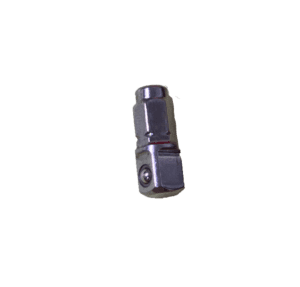- 6803 Parke East Blvd. Tampa, FL. 33610
- 800.728.4942
- 813-231-6305
$37.90 Original price was: $37.90.$19.95Current price is: $19.95.
Oil Filter Plier, adjustable 2″- 4.2″
Out of stock
Oil Filter Plier, adjustable 2″- 4.2″
| Weight | 1.02 lbs |
|---|---|
| Dimensions | 8 × 6 × 1 in |
| Case Quantity | 5 |
| Bar Codes | 0-92308-00243 |
| Application | |
| Country Origin | Taiwan |
You must be logged in to post a review.
All VIM tools carry a Limited Lifetime Warranty unless mentioned otherwise. Any tool that fails during normal use
will be repaired, replaced or a repair kit will be sent to you. Please note, consumables are not covered under warranty.

Out of stock
7/16″ Angle Wrench 15 X 80 degree flat profile open end wrench

16mm Angle Wrench 15 X 80 degree flat profile open end wrench

11mm Angle Wrench 15 X 80 degree flat profile open end wrench

1/4″ Square Drive adapter with 1/4″ Hex shank for HBR12 and RST4
Reviews
There are no reviews yet.